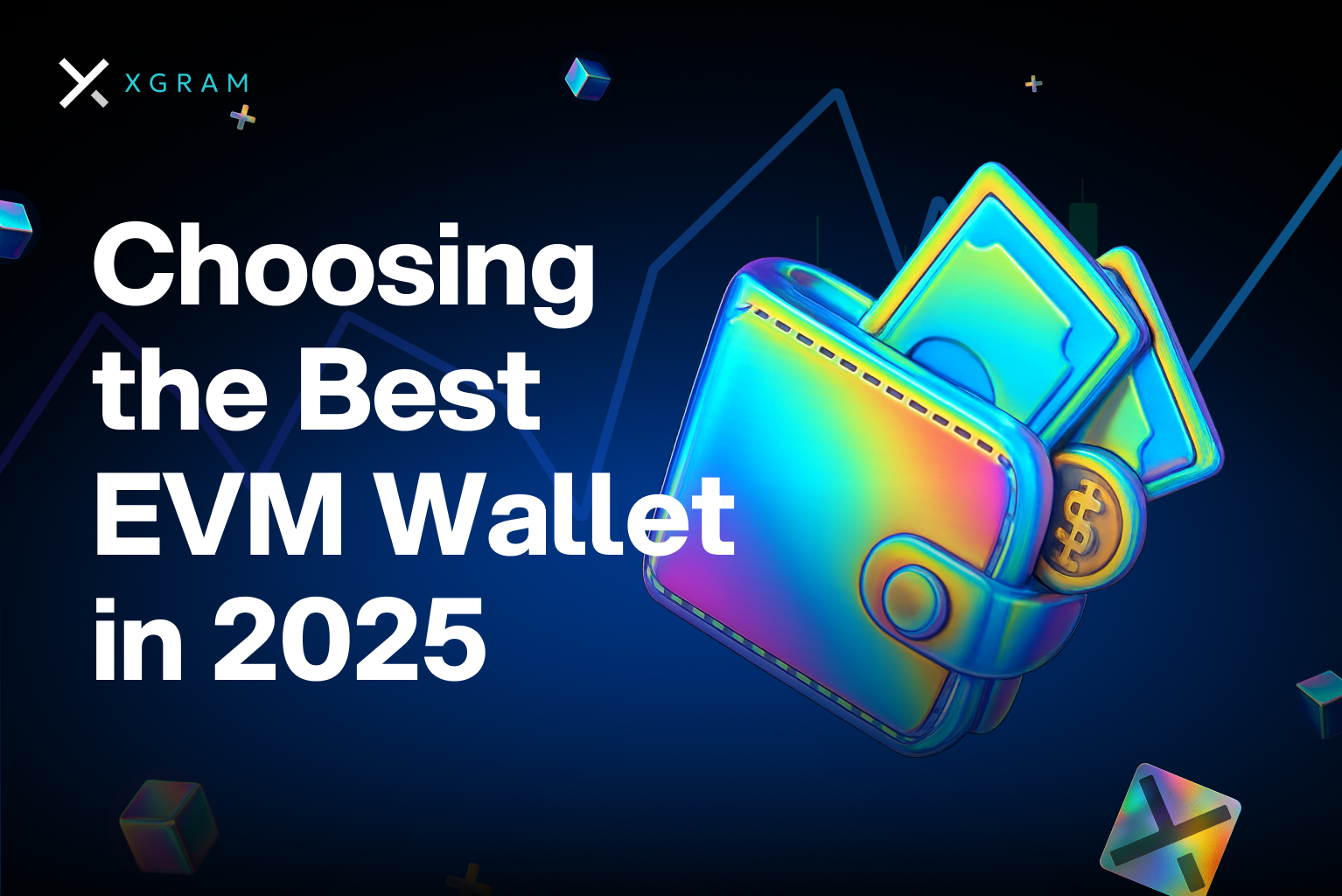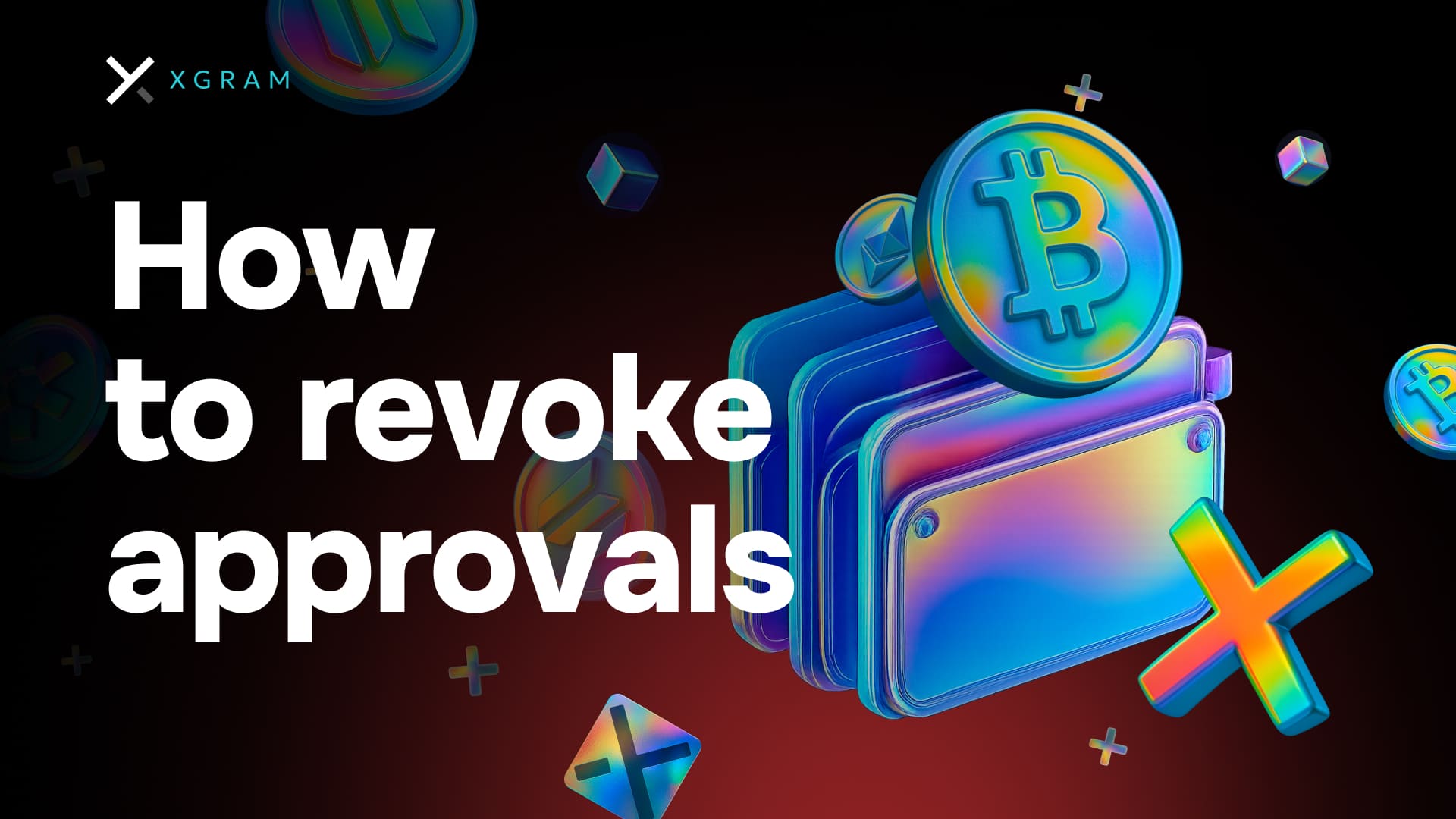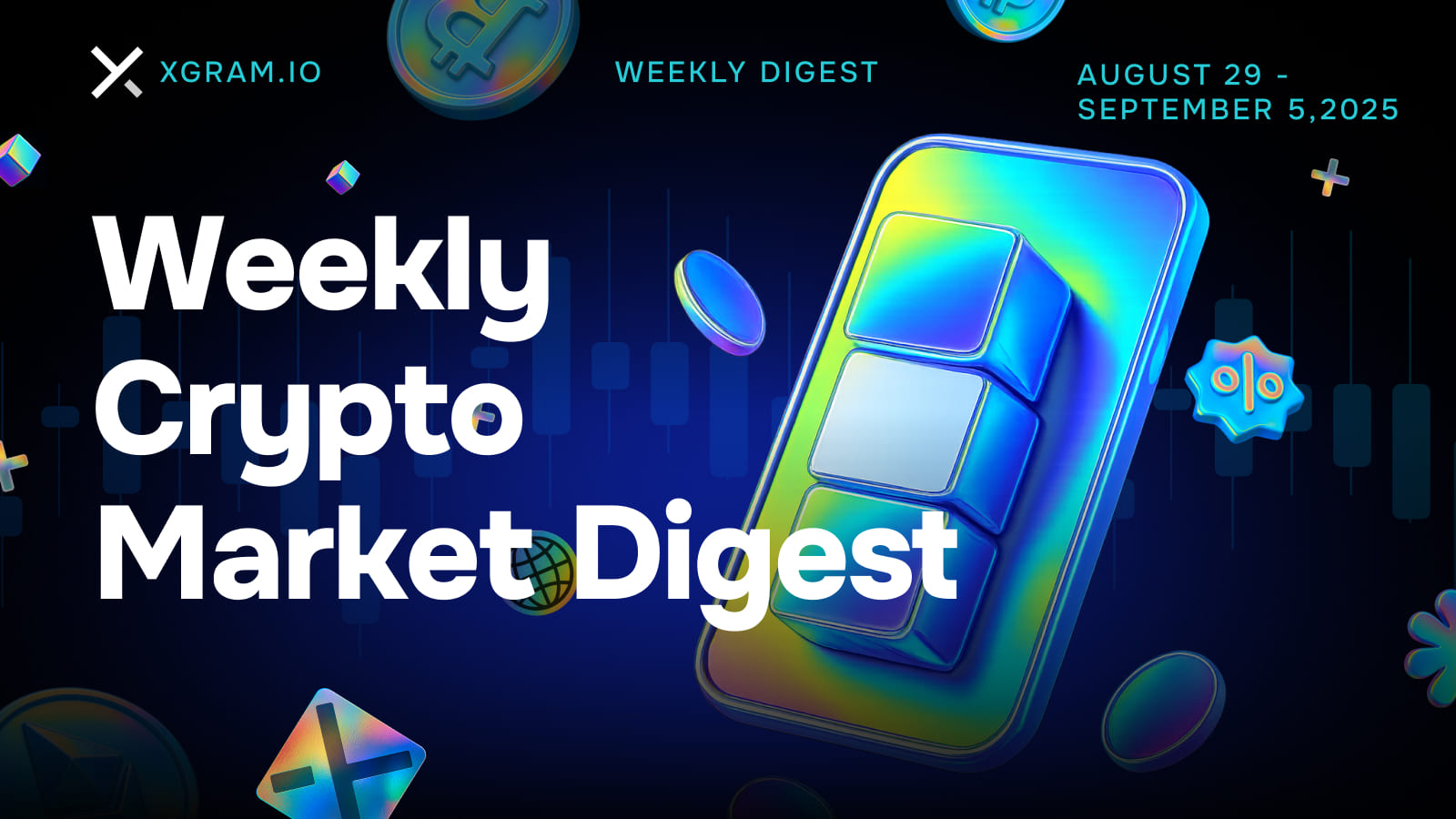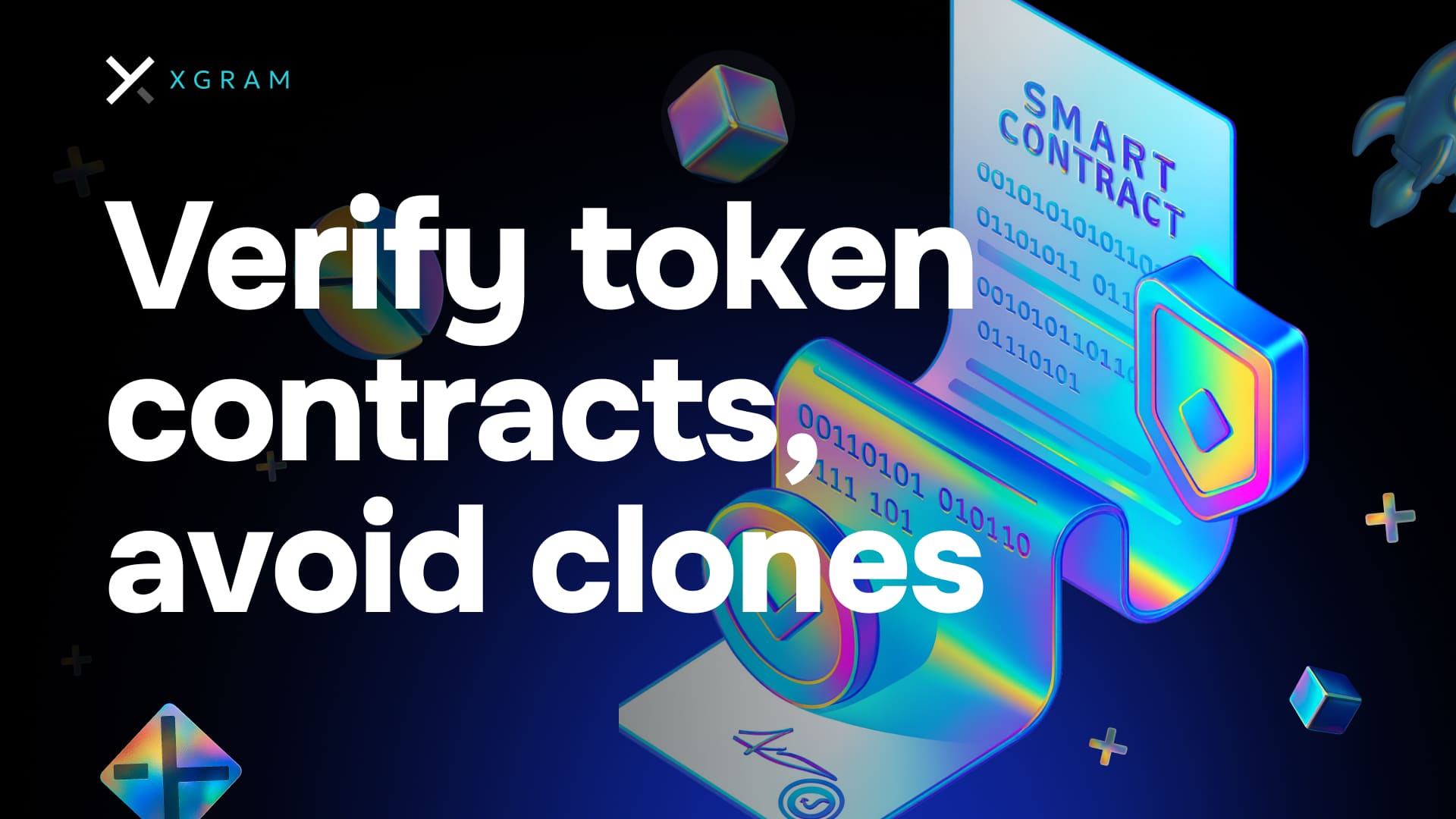1. What to look at first
- Security: code audits, phishing warnings, hardware‑wallet support.
- Network coverage: how many EVM and non‑EVM chains the wallet connects to.
- Ease of use: speed of dApp connection, automatic chain switching, mobile or desktop comfort.
- Openness and community: public code, clear roadmap, DAO governance.
- Extras: multisig, smart accounts, NFT gallery, built‑in swaps.
2. Six wallets that matter
- MetaMask – the classic browser extension. Its Snaps plug‑ins add Solana, Bitcoin and other non‑EVM chains.
- Trust Wallet – mobile first. Handles assets on more than one hundred blockchains straight out of the box .
- Rabby Wallet – aimed at DeFi users. It simulates every transaction before you sign and is audited by SlowMist and Cure53.
- Safe (formerly Gnosis Safe) – a smart‑account wallet with multisig that now secures roughly fifty‑two billion dollars in assets .
- Frame – a native desktop app that gives any browser or CLI access to your accounts, fully open source.
- Taho – community‑owned, one‑hundred‑percent open source, no hidden fees, governed by a DAO .
3. How they differ in practice
- Security: Rabby shows the exact balance change before signing. Safe adds role‑based approvals for teams. MetaMask and Trust Wallet rely on frequent updates, so vigilance is still on the user.
- Network reach: Trust Wallet leads on mobile for chain count. MetaMask extends reach with Snaps. Rabby auto‑switches across more than a hundred EVM chains.
- User experience: quickest browser start comes from MetaMask or Rabby. On phones Trust Wallet feels the most seamless. If you prefer a standalone desktop client, Frame is the outlier that delivers it.
- Advanced features: Safe offers account abstraction and gas payments in any token. MetaMask focuses on modular add‑ons. Rabby doubles down on preventive security. Taho’s strength is full transparency and community control.
4. Quick recommendations
- First‑time user: Trust Wallet for its guided mobile flow.
- Heavy DeFi trader: Rabby thanks to automatic chain selection and pre‑sign simulation.
- Team or DAO: Safe because multisig keeps joint funds in check.
- Desktop power user: Frame for a wallet that lives outside the browser.
- Open‑source enthusiast: Taho if governance and code transparency matter most.
- Need the broadest dApp compatibility: MetaMask, still the default that most sites support.
5. Final takeaway
No single wallet suits every scenario. Choose according to your routine, back up the seed phrase offline, enable two‑factor confirmation where possible, and keep the client up to date. Those habits protect assets far more than the raw count of supported blockchains.




